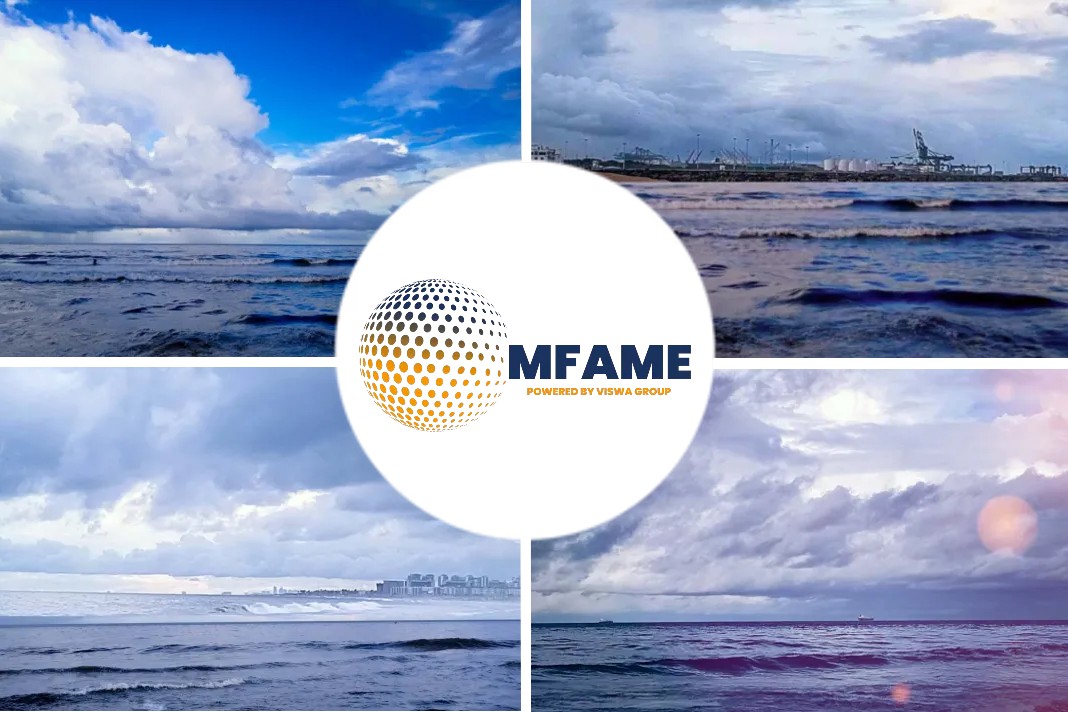- 2021 marks the start of the UN Decade on Ocean Science – a chance to move away from past mistakes.
- It is where EU decisions were not always made based on the best-available science or even went against scientific advice.
- Globally, our ocean and the marine resources that hundreds of millions of people depend on are in trouble.
- Overfishing, pollution, shipping and coastal development are just some of the pressures which are having measurable impacts on the entirety of our ocean.
Antonia Leroy, head of ocean policy at the WWF European Policy Office writes for Euractiv about how science can play a crucial role in the stabilizing the ocean and marine resources.
We know how crucial scientific advice and evidence are for informing our relationships with our seas.
Which chemicals are toxic to wildlife and must be kept out of the water? How many turtles, dolphins and whales are accidentally caught in fishing nets every year, and how is this affecting their populations? What will the environmental impact of constructing a new port facility be? How many tonnes of fish can we catch within sustainable limits that allow stocks to recover?
The bigger picture
Climate change will increasingly interact with these stressors – sea levels are already rising and waters are becoming warmer, more acidic and losing oxygen.
With over a third of fish stocks overfished, in a trend which has been worsening for decades.
The threat to fisheries industries and coastal communities worldwide is unprecedented.
Under a no mitigation, high emissions scenario, marine invertebrates, fishes and non-fish vertebrates are forecast to drop to 15% of 1986-2005 measures by the end of this century.
Our home waters
It is therefore incredibly disappointing to see the EU say one thing in response to this kind of evidence and then do another.
For example, in blatant violation of the Common Fisheries Policy’s legally-binding objective to end overfishing by 2020, about a third of the quotas for annual seafood catches set by EU Fisheries Ministers in December were higher than scientifically advised.
Looking ahead
As our seas open up to new economic prospects like offshore wind and farming of sea flora, robust scientific exploration of these activities is essential to gain a fuller understanding of the short- and long-term environmental effects of such maritime industries, and thus mitigate the impact they have.
Nevertheless, there are currently few instances where the cause of oceanic decline and potential solutions remain uncertain.
Investments (political, financial and societal) should be urgently directed towards proven solutions and existing technologies, compliance with data collection systems, and effective policies to help mitigate the climate crisis and restore biodiversity.
Next 10 years
Over the next 10 years, which the UN has named its ‘Decade on Ocean Science’, the EU will strive to deliver on its commitment to the UN 2030 Agenda for Sustainable Development – one goal of which, Goal 14, is dedicated to our ocean.
Over the same time period, the EU will be implementing its 2030 Biodiversity Strategy, which aims at effectively protecting at least 30% of the EU sea space, including 10% under strict protection, while introducing a Nature Restoration Plan that will deliver healthier marine ecosystems.
Science is needed
At a time when we must meet objectives set on both climate and biodiversity issues, science is needed more than ever to help us agree effective and ambitious policies, tools and practices that help secure a health balance between people and planet.
Did you subscribe to our daily newsletter?
It’s Free! Click here to Subscribe!
Source: EURACTIV

















